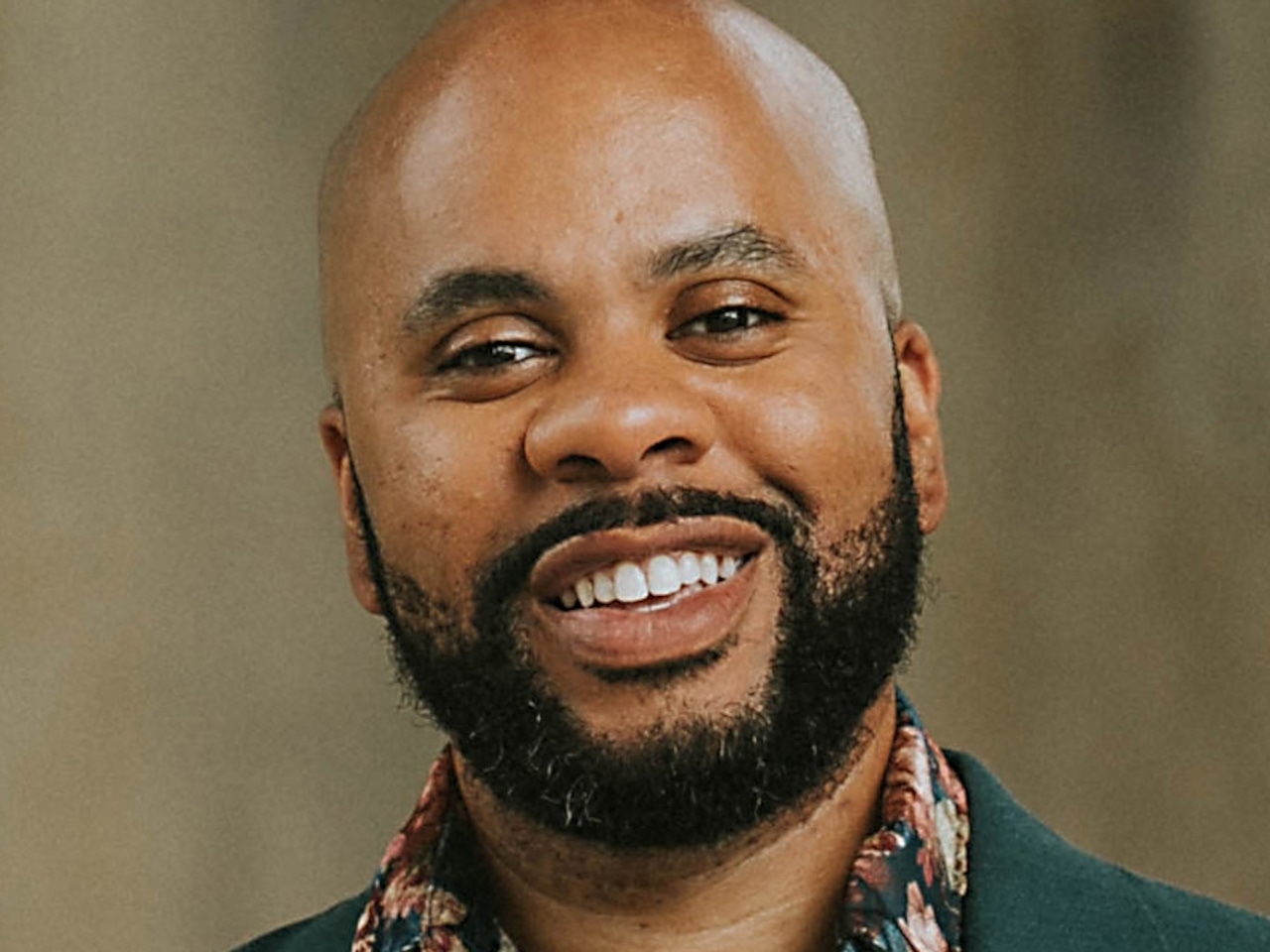
Dear Eric: Last year, my girlfriend “Harper” broke up with me. I was in my first year of college; she was a senior in high school.
Harper admitted that she had recently fallen into a substance and alcohol abuse problem while in our last month of our relationship. When I asked if I could help now, she told me that I was a “fixer” and “she did not want to fix these issues.”
Recently, mutual friends of ours (also seniors in high school) have reached out to tell me that the addiction has gotten worse and asked me for help on what to do.
I suggested an intervention with friends but, since these kids organizing the intervention are just seniors in high school, I also offered to speak to Harper’s parents.
When I told my family, they all unanimously told me I should stay out of it and not get involved.
I know she also told me to stay out of it, but don’t her parents have a right to know what’s going on?
Am I even the right person to get involved or would I just look like the crazy ex-girlfriend?
— Caring Ex
Dear Caring: Harper and your family have been very clear. Inserting yourself is only going to complicate things for Harper and for you.
Many people who have “fixer” tendencies would do better asking themselves what a “helper” would do. Helping often starts (and sometimes stops) with the question “do you want my help at all?”
Kaitlin Kindman, LCSW, of Kindman & Company, told me, “There are boundaries here and it’s not OK to cross them. A letter to Harper may be a good way of expressing what’s true for the letter writer, respectfully. The letter writer can put in their own words what it feels like to see this person decline in this way.”
Lean on your support system to help you step back with love and care for yourself.
You can give that letter to your friends to deliver but run it by a trusted family member first.
Ask your parents if they’d feel comfortable reaching out to Harper’s parents. And accept the answer they give you, even if it’s “not at this time.”
Lastly, before your friends stage their intervention, they should get guidance from trained professionals at SAMHSA’s national helpline — 1-800-662-HELP — or on SMART Recovery’s website, which has resources for concerned families and friends.
(Send questions to R. Eric Thomas at eric@askingeric.com or P.O. Box 22474, Philadelphia, PA 19110. Follow him on Instagram and sign up for his weekly newsletter at rericthomas.com.)
©2024 Tribune Content Agency, LLC.






